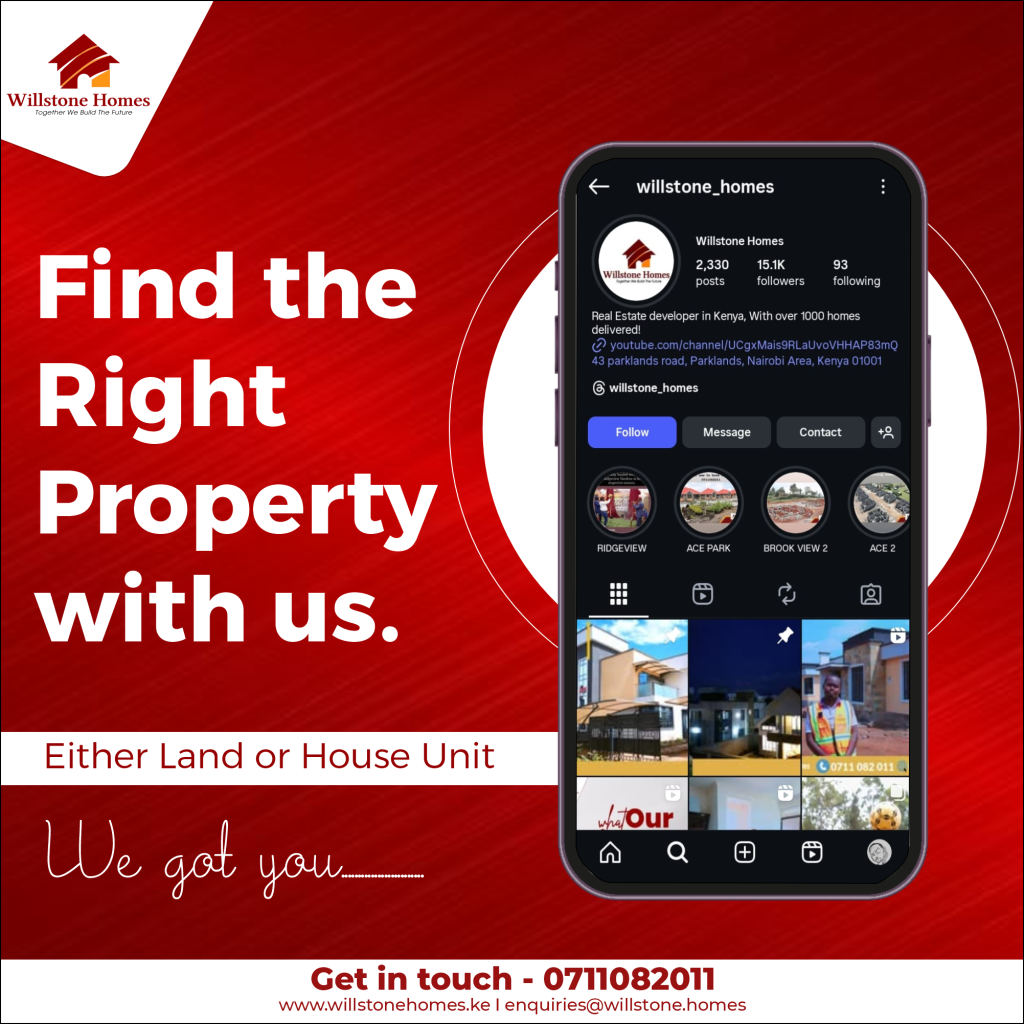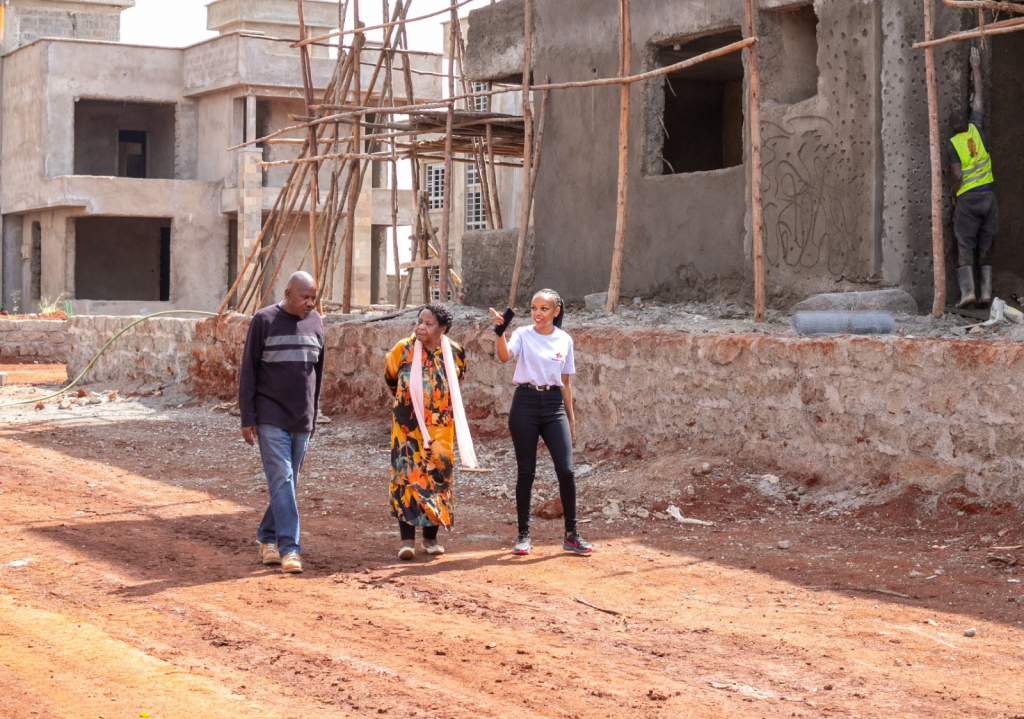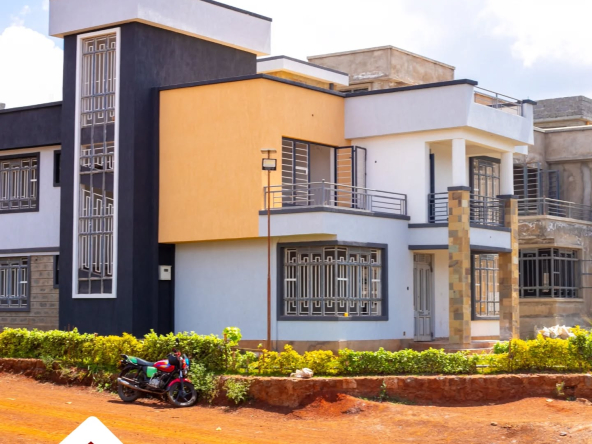A New Era for Property Selling in Kenya
A decade ago, selling a house in Nairobi meant newspaper ads, posters on gates, or agents handing out flyers at malls. Today, a single Instagram Reel can do what weeks of advertising once couldn’t. The rise of digital real estate marketing in Kenya has rewritten the rules of property sales — and turned content creators into unexpected power brokers in the housing market.
Platforms like TikTok, Instagram, and YouTube are now the new property showrooms. Short videos of drone flyovers, living-room walkthroughs, and neighborhood previews are attracting not just local buyers, but also diaspora Kenyans scouting for investment opportunities from thousands of kilometers away.
Influencers as the New Property Agents
Real estate influencers have become the new faces of credibility and style in Kenya’s property scene. These digital marketers blend entertainment, education, and trust — creating bite-sized property stories that reach audiences traditional ads can’t.
One of Nairobi’s top real estate content creators, Eddy Maina, commands over 100,000 followers on TikTok. His short tours of modern apartments in Kileleshwa and gated homes in Kitengela routinely receive hundreds of thousands of views.
“People want to see a home come alive,” he told Real Estate Insight Africa. “A well-shot 30-second video does more than a billboard ever could.”
Why Digital Real Estate Marketing in Kenya Works
Kenya’s online population has exploded — with over 17 million social media users in 2024 (DataReportal, 2024). Among them, property buyers represent a fast-growing digital demographic. The shift toward visual platforms has made marketing immersive, transparent, and emotionally engaging.
Key reasons for its success include:
- Trust through visuals: Buyers can see every room and feature.
- Speed and reach: A viral video can reach thousands overnight.
- Engagement: Comments, questions, and real-time messaging make interaction immediate.
- Accessibility: Even smaller developers and brokers can advertise without heavy budgets.
In essence, digital real estate marketing in Kenya is democratizing property visibility — giving both big firms and small agents a level playing field.
Table: Comparing Traditional vs. Digital Real Estate Marketing (Kenya 2024)
| Aspect | Traditional Marketing | Digital Marketing |
|---|---|---|
| Reach | Limited to local audience | Global (especially diaspora buyers) |
| Cost | High (print, billboards, events) | Low (social media ads, content) |
| Feedback Time | Slow | Instant (comments, likes, DMs) |
| Property Experience | Static images, brochures | 360° videos, drone tours, livestreams |
| Buyer Trust | Based on agent reputation | Built visually and socially |
Drone Walkthroughs: Aerial Storytelling That Sells
One of the most powerful tools behind digital property storytelling is drone videography. Over the last two years, drones have become central to marketing high-end estates, coastal villas, and even affordable housing projects.
Aerial footage allows potential buyers to visualize location, access roads, and neighborhood layout — details often missing in traditional listings. Developers along Kangundo Road and Thika Superhighway now routinely commission drone operators to showcase scale and scenery in 4K clarity.
Data Insight (2024): Listings featuring drone footage in Kenya receive up to 55% more inquiries than those using still photography alone (Source: Kenya Real Estate Digital Report).
Social Media as the New Real Estate Marketplace
TikTok, Instagram, and YouTube each play distinct roles in Kenya’s property marketing chain:
- TikTok: Ideal for 15–60 second property teasers. It humanizes agents and introduces properties with energy and personality.
- Instagram: Combines aesthetic storytelling and direct messaging. Hashtags like #NairobiHomes or #KenyaPropertyForSale have become active buyer funnels.
- YouTube: The preferred platform for longer tours — popular among diaspora Kenyans who want in-depth visuals before committing.
For instance, Nairobi’s PropertyPlug Kenya YouTube channel features 10-minute home walkthroughs, area guides, and pricing tips, reaching over 1.5 million cumulative views by mid-2025.
Read Also: The Hidden Landlords: How Caretakers and Agents Shape Nairobi’s Rental Market
The Diaspora Effect

The Kenyan diaspora — especially in the UK, U.S., and Middle East — is a major audience for digital property content. With growing distrust in unverified agents, video marketing gives them a sense of transparency. A simple drone tour of a construction project in Kitengela or Ruaka can seal a deal within days, thanks to real-time WhatsApp communication and video conferencing.
A 2025 report by the Central Bank of Kenya noted that 25% of remittances are directed toward real estate investment, much of it sourced through online listings and influencer content.
Chart: Online Engagement by Platform (Kenya Real Estate Content 2025)
YouTube ████████████████ 40%
TikTok ██████████████ 35%
Instagram █████████ 20%
Facebook ████ 5%
Source: Kenya Real Estate Digital Report 2025
Emerging Challenges in Digital Property Sales
Despite its promise, digital marketing brings new complexities:
- Misinformation: Over-edited videos can exaggerate quality.
- Scams: Fake pages occasionally pose as agents.
- Algorithm dependence: Visibility fluctuates with social media trends.
- Data costs: Rural clients may struggle with large video downloads.
To counter this, serious developers now include verification badges, official websites, and geo-tagged content — practices that boost buyer confidence and ensure regulatory compliance.
Read Also: How Diaspora Buyers Are Quietly Changing Kenya’s Real Estate Financing Models
Opportunities Ahead: AI and Virtual Reality
The next phase of digital real estate marketing in Kenya is already unfolding through AI-driven analytics and virtual reality (VR) tours. AI tools can now predict buyer interest based on engagement patterns, while VR technology lets potential homeowners “walk” through a property before construction is complete.
Most companies are pioneering virtual showroom models for high-rise developments in Nairobi and Mombasa — giving clients immersive, data-rich experiences that replace physical site visits.
The Screen Is the New Showroom

In Kenya’s fast-changing property landscape, smartphones have become the new front doors. Social media is not just amplifying listings — it’s redefining how trust, emotion, and transparency influence buying decisions.
The rise of digital real estate marketing in Kenya is turning content creators into property consultants, giving small agents a global audience, and helping buyers visualize ownership in real time. From TikTok to drone flyovers, the country’s housing story is no longer told in newspapers — it’s being streamed, shared, and liked across the world.





